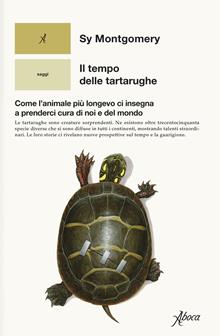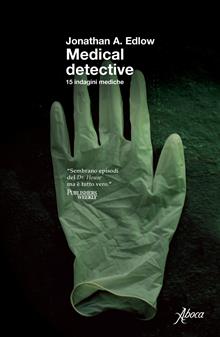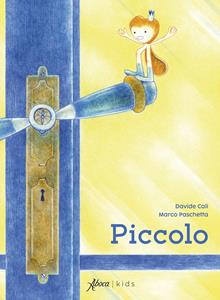
Hortus amoenissimus di Franciscus De Geest. Ediz. illustrata
Francesco de Geest
- Genere: Arte
- Listino: € 490.00
- Data Uscita: 18/04/2019
- Lingua: Italiano
- EAN: 9788895642789
Aboca Edizioni is delighted to present the reproduction ofHortus amoenissimus by Franciscus de Geest, the original of which, dated in Leeuwarden 1668, is currently conserved at the Biblioteca Nazionale, Rome (Varia 291). The work is a collection of botanical drawings taken from true life, splendidly coloured with a mixed technique, in testimony to the varieties of flowering plants cultivated in the botanic gardens of Holland.
From the comment by Duilio Contin: "The Hortus amoenissimus by Franciscus de Geest is an extraordinary collection of 198 works of art, so many plates, drawn with a precise phytographic and watercolour technique with an elegant taste for a mise en page of 17th century art. A jubilant celebration of colour and mild accompanying flavours such as rose, hemerocallis, lilium, mallow and especially a multitude of tulips so alive that they seem to be just cut, in a grand, multi-coloured and joyful baroque garden. Franciscus de Geest fully seizes the botanic spirit and interest of his time and his works are worthy of a place among the best floral painters of that time".
Available in Italian and English, the commentary accompanying the work introduces the figure of Franciscus De Geest, describes the iconography of the plants and identifies the species in the volume according to modern naming conventions.
Aboca facsimiles for professional use: fundamental works available to all. Legendary additions and splendid manuscripts, selected from the libraries throughout the world, have been reproduced using avant-garde printing techniques, complete with thorough and concise critiques.
Introduction by Osvaldo Avallone.
Preface by Alessandro Menghini.
Contributions from Mergherita Maria Breccia Fratadocchi, Gerda C. Huisman, Duilio Contin, Sam Segal.
This volume containing the Hortus amoenissimus was recorded number 291 within the Miscellaneous Fund of the Biblioteca Nazionale, Rome. Investigations carried out for the publication by Aboca ascertained that it formed part of the extremely rich Valenti Gonzaga collection. The definitive proof for this belonging came about from a specimen of the five catalogues printed by the library of Cardinal Giuseppe Renato Imperiali conserved at the Nazionale, Rome. The name of Franciscus de Geest and the title of his work were in fact indicated on a flyleaf.
Having gone to Casa Professa del Gesù via Cardinal Luigi Valenti Gonzaga, the volume passed to the Nazionale, Rome following enactment of the Law on the suppression of Religious Corporations of 1873.














